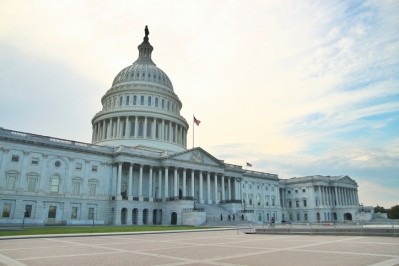COVID-19 warning letter flood slows to trickle

The US Food and Drug Administration and the Federal Trade Commission began issuing joint warning letters to marketers of dietary supplements and medical devices who were deemed to be making illegal claims to treat or prevent COVID-19 infections on websites, social media postings and other venues.
Effort hit the ground running
The joint effort began in March. In that month, 13 warning letters were posted on the portal, including a letters sent to a number of companies marketing colloidal silver products and one sent to controversial televangelist Jim Bakker.
April and May were the two most active months for the enforcement action, with 25 letters posted in April followed by 27 in May. Essential oils and CBD products figured prominently in the letters issued during that period.
The pace of warning letter postings slowed in the summer of 2020. Warnings issued to marketers of fraudulent tests started to appear during that time frame. IN June, 18 letters were posted to the portal, slowing to 12 posted in August.
By the end of 2020, the pace had slowed further, with 10 letters posted in October, and nine in both October and December. Warnings issued to marketers of supplements based on medicinal mushrooms figured into the letters posted in teh second half of the year, as well as companies marketing herbal products featuring a wide range of ingredients. Significantly, letters sent to CBD firms were posted throughout the year.
By January 2021, the pace of warning letters had slowed to a trickle. A lone warning letter has been issued to a Florida company marketing an herbal tea blend.
Reason for slowdown unclear
It’s unclear whether the enforcement action’s pace has slowed because the most egregious offenders have already been cited, or if FDA’s priorities have shifted.
“We can’t know the real reason for the decline. Has all the fruit, wherever on the tree it hangs, been picked? Have the regulators filled so many baskets they have simply grown weary of picking? Is there a lull while the new team decides what it wants to pick? Again, we don’t know, but my guess is a key reason is there is simply less fruit. I think a lot of the Warning Letters went to people who were genuinely surprised to receive them because they had no idea they were doing anything wrong. The publicity surrounding the enforcement actions likely served its purpose of educating the public about the legal implications of promoting products for COVID and so, viola, less fruit,” said attorney Ivan Wasserman of the firm Amin Talati Wasserman.
FDA was unable to response to a request for comment in time for publication.

















